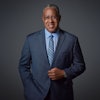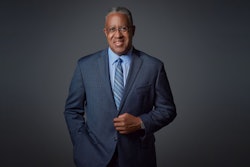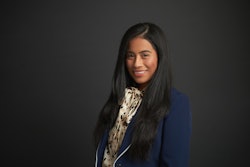Having studied Spanish, Japanese, Portuguese and French, Dr. Lauren Johnson, assistant dean of the College of Education at the University of North Georgia (UNG), knows how demoralizing it can feel to struggle for one’s words in a new language. And, having taught abroad in Venezuela, Iraq and China, she also knows the alienating feelings that can come with navigating a foreign culture for the first time.
Early on in her career, she saw the effects those cultural and linguistic barriers had on her first classroom of students and their parents. As a teacher for the Columbia Urban Educators program in New York’s Washington Heights, she often worked with first- or second-generation immigrants who were learning English as a second language.
 Dr. Lauren Johnson
Dr. Lauren Johnson
She recognized the need for culturally competent teachers who understood the backgrounds of their students.
“If families, parents and kids don't feel comfortable in school, then they're not going to want to become teachers,” she says. “They're not going to feel like that's something that they can aspire to be in life, so then we maintain a [disproportionately] white teacher demographic. It's important that we consider what that impact has on students who may not feel seen or heard in their own school.”
For a lifelong linguaphile who knew she wanted to be a teacher early on, combining anthropology with education seemed the perfect path for Johnson, who has built her career on making education accessible to minority students, especially immigrant students.
“Anthropology teaches things holistically,” she says. “Rather than focusing on the individual parts, it looks at how we work together. So, when I consider education, I'm considering issues of culture, language, class, ability and disability.”














